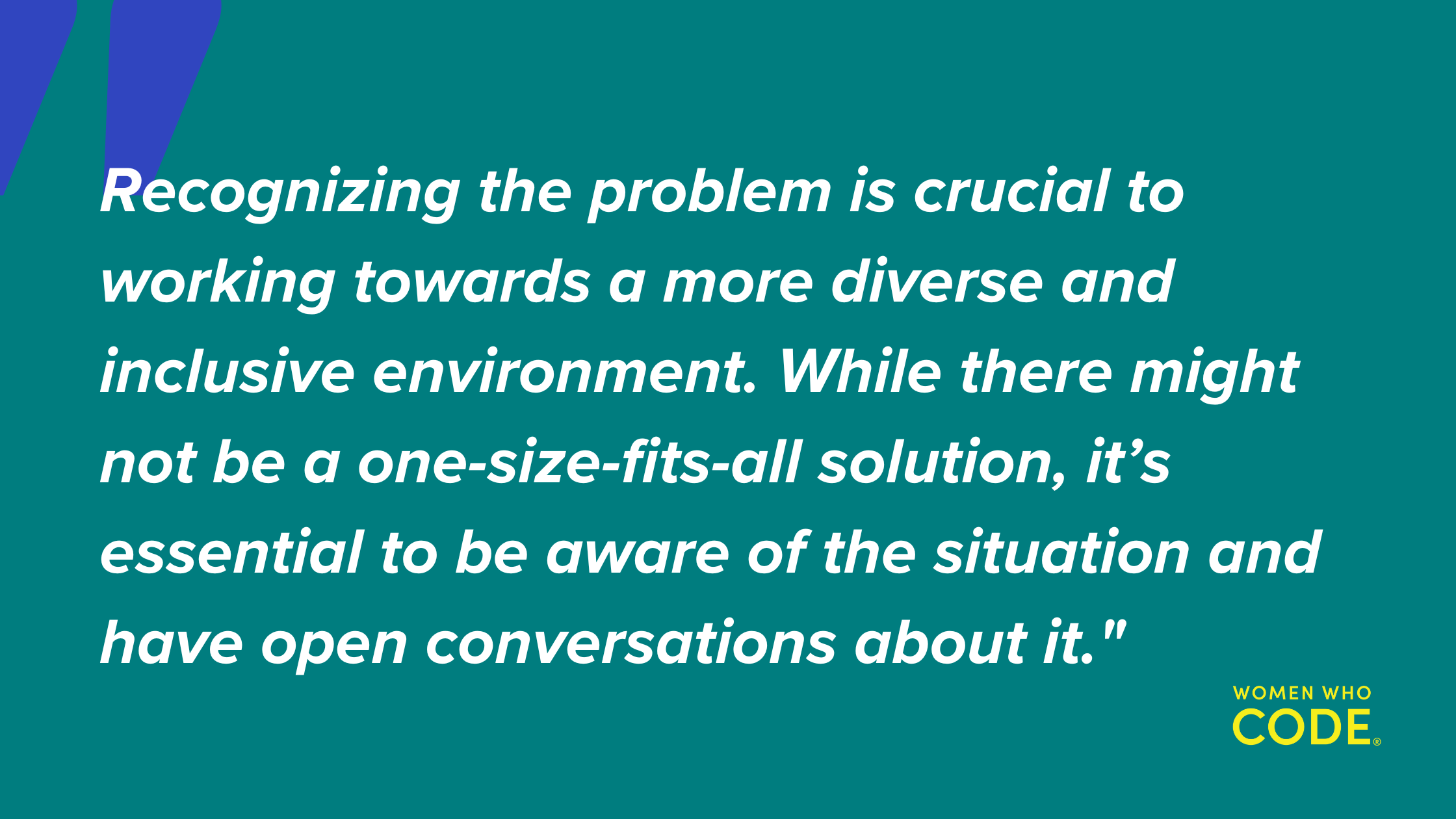How Tech-bro Culture Contributes to Widening Gap in the Tech Industry
Written by Archana Vaidheeswaran

I've been a part of the tech industry for years, and recently, I've reflected on the impact of tech-bro culture on the widening gap in our field. The struggles faced by my colleagues, friends, and those in the industry have been disheartening, especially as the news of mass layoffs continues to make headlines.
As I've followed the stories of these layoffs, I've noticed a stark contrast between the fate of hardworking employees and the rise of tech-bro figures like Sam Bankman Fried, who was involved in the FTX scandal, and Adam Neumann, the founder of WeWork. In the FTX scandal, the company attracted scrutiny for allegedly manipulating the market and exploiting regulatory loopholes, which led to significant losses for investors. Meanwhile, WeWork faced a dramatic fall from grace after its failed IPO attempt in 2019, revealing massive financial mismanagement. Its valuation plummeted from $47 billion to just $2.9 billion in months. It's troubling to see investors and recruiters prioritize individuals who fit the tech-bro stereotype, even when they lack the necessary skills or experience.
The tech-bro culture perpetuates the stereotype of nerdy, shorts-wearing male programmers, leading to recruitment biases and the underrepresentation of women and other minority groups. As a part of the industry, I've witnessed talented individuals overlooked for roles because they didn't fit the tech-bro mold. According to a National Center for Women & Information Technology report, women hold only 25% of computing roles in the U.S., and it's hard not to see the connection.

Moreover, research has shown that men who fit the tech-bro stereotype are more likely to be hired for engineering positions. A study published in the Journal of Social Issues (DOI: 10.1111/josi.12315) found that participants presented with identical resumes but different photos were more likely to rate male candidates as more competent and hireable if they fit the "nerdy" tech-bro image. This bias not only perpetuates the underrepresentation of diverse talent but also stifles innovation and growth in the industry.
The first step is acknowledging existing biases to bridge the gap and create a more equitable tech industry. Recognizing the problem is crucial to working towards a more diverse and inclusive environment. While there might not be a one-size-fits-all solution, it's essential to be aware of the situation and have open conversations about it.

The road to change may be long and challenging, but it is a necessary journey we must embark on to create a more inclusive and equitable future in technology. As we take the time to listen to the stories of those affected by layoffs and the impact of tech-bro culture, let us remember that each individual's experience is a crucial piece of the larger narrative. Through empathy and understanding, we can truly begin to dismantle the biases that have held us back and work together toward a brighter future for all in the tech industry.